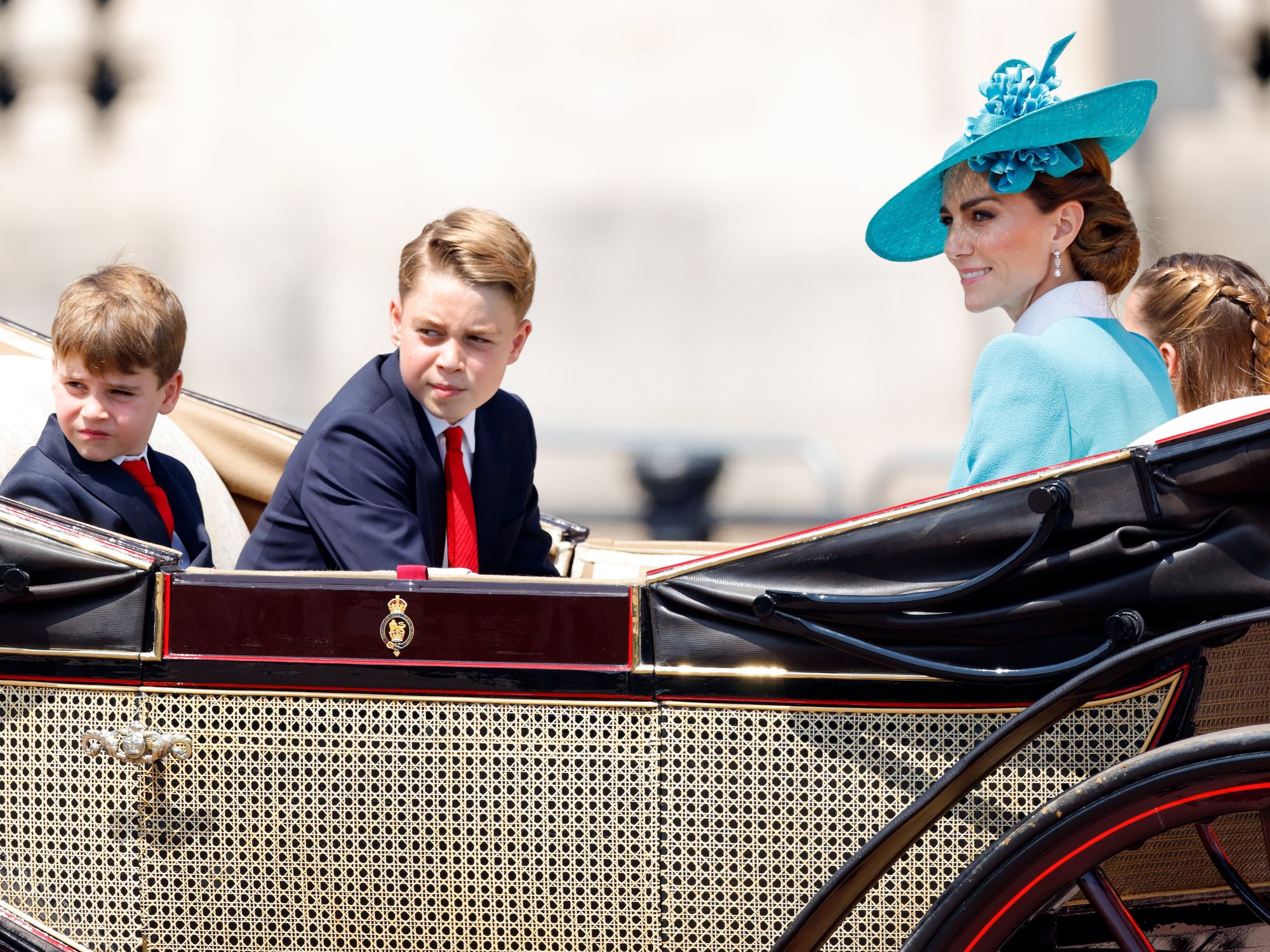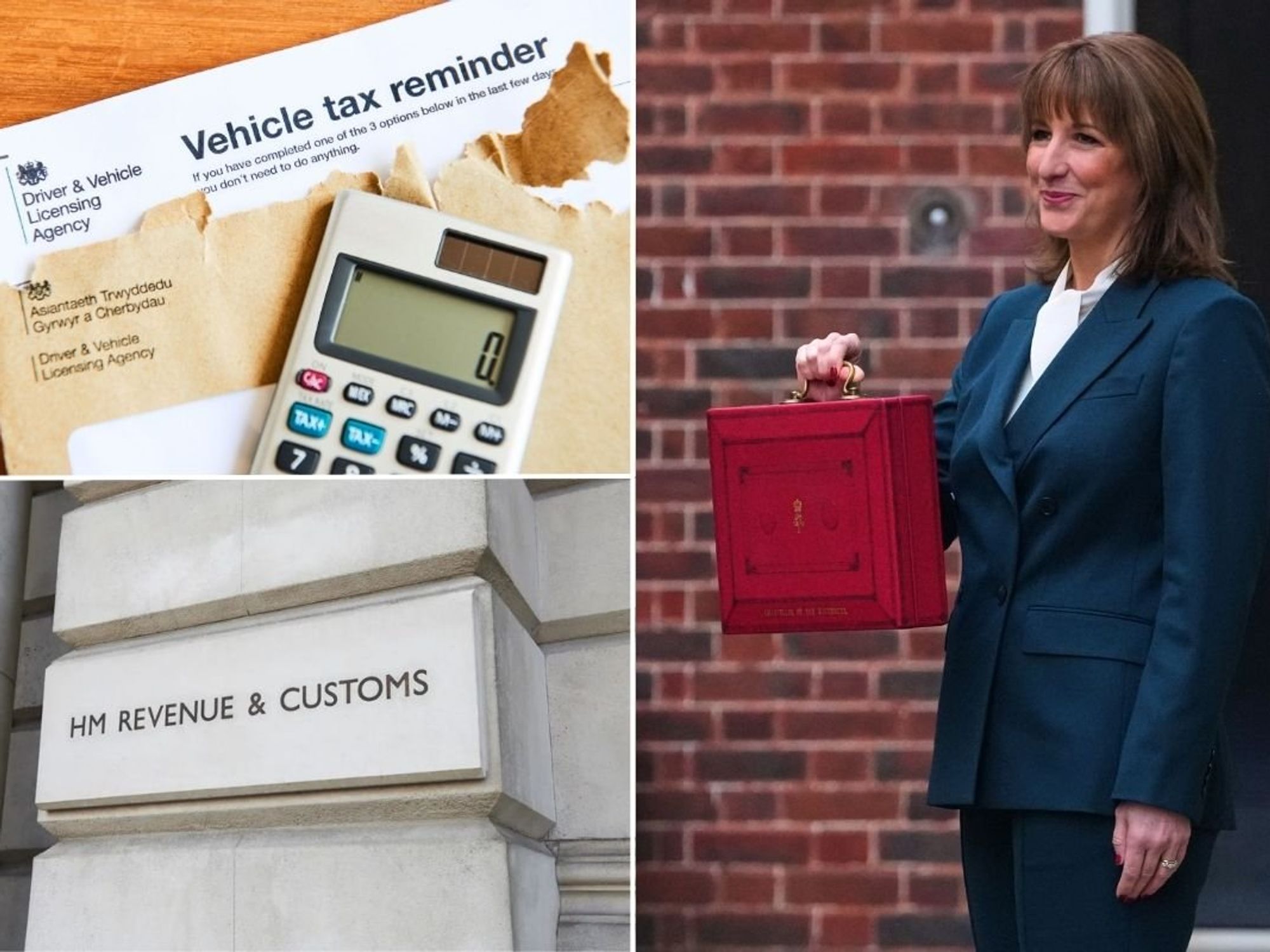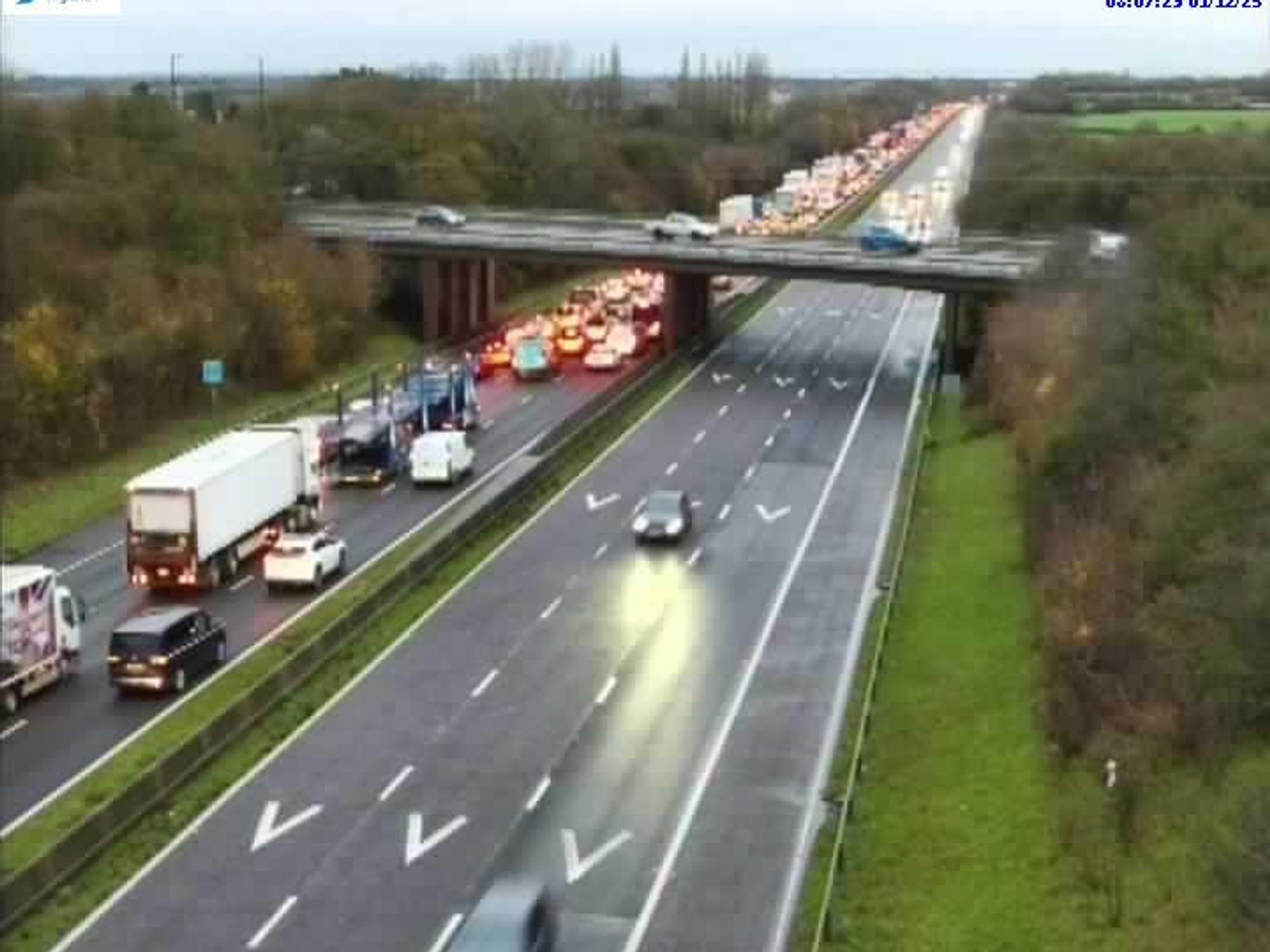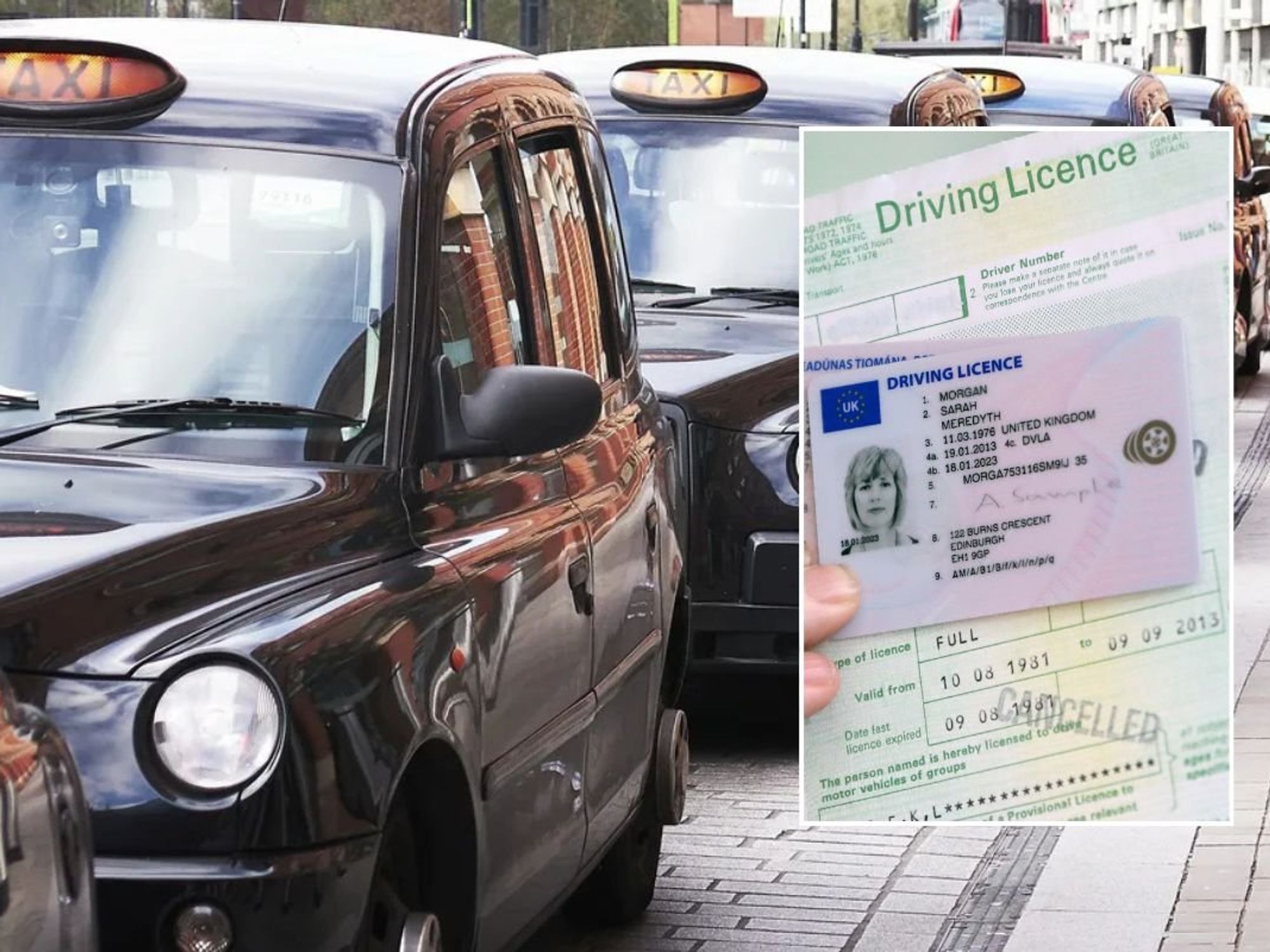Police chiefs clash after officers banned from wearing badge honouring fallen colleagues

It follows a move by the Metropolitan police to ban its officers from wearing the patches while covering Gay Pride events
Don't Miss
Most Read
Two of the UK’s top police chiefs are at loggerheads in a row over whether officers can wear union flag patches as a mark of respect to fallen colleagues.
The controversy has intensified, after one Chief Constable said he would pay for his officers to wear the badges out of his “own pocket”, putting him at loggerheads with the country’s most senior police officer.
It follows a move by the Metropolitan police to ban its officers from wearing the patches while covering Gay Pride events in London last weekend.
The force said the badges were “contentious” as similar Stars-and-Stripes emblems in the US had been hijacked by far-right and transphobic groups.
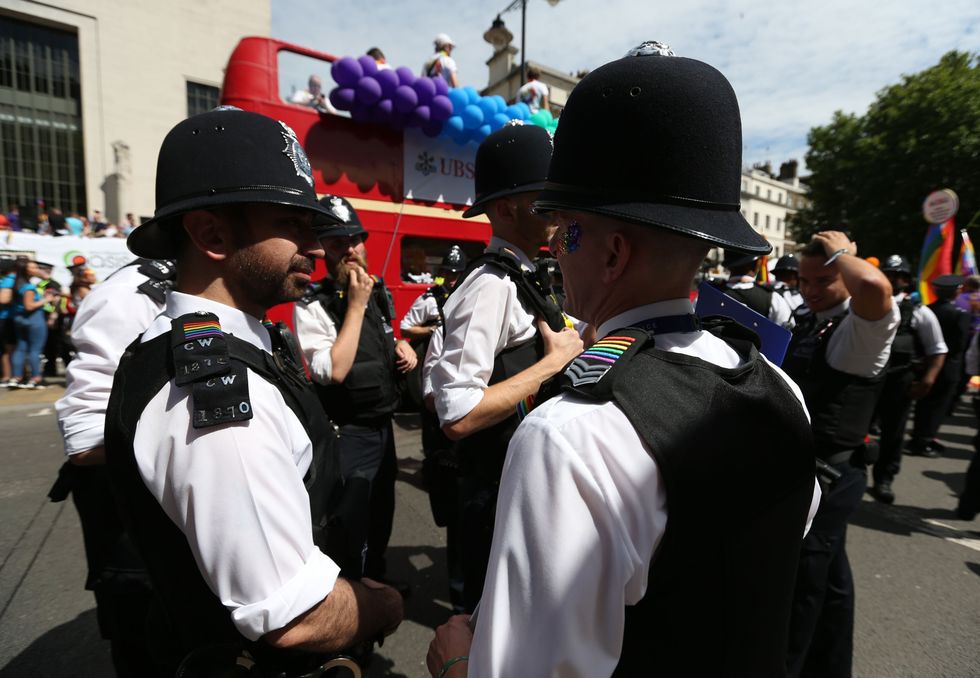
Officers were banned from wearing the badge at Pride last weekend
|PA
Met Commissioner Sir Mark Rowley has doubled-down on that decision, telling the London Assembly he was determined to continue “taking a firm line”.
But Northamptonshire Chief Constable Nick Adderley has waded into the row, accusing a minority of “twisting the meaning” of the Thin Blue Line emblems.
In a strongly worded message to his Twitter followers, Mr Adderley tweeted: “I have offered to pay for the patch, for my own officers and staff, (my own money) if they wish to wear it as I am determined never to allow a minority to twist the meaning of this patch, which risks the memory of fallen officers being driven into an abyss of hushed tones.”
The grey union flag badge, with a thin blue line running across it, is produced by the Care of Police Survivors charity and sold to raise money for the families of police officers who are killed in the line of duty.
At the weekend, senior Met police commanders issued orders banning officers from wearing the badges at London Gay Pride events, in case it offended any of the participants.
In an email chain officers were warned “These have been linked to far-right and anti-trans groups in the U.S. and this year’s Pride is focusing very much on the trans community. This is non-negotiable and supervisors are expected to ensure this is adhered to please.”
Addressing the London Assembly, Sir Mark Rowley said:
“I understand that officers care deeply and that they want to show how they care about their colleagues and that creates a bit of tension. And we are discussing it in the organisation. But the reason for taking a firm line is it just drips into officers having hundreds of badges and then someone’s policing something and someone’s complaining and you think we know you intended this by that one but also, it means that.
“And the reason this one is contentious is that the equivalent in the States has ended up being both a policing symbol and has been used by some hard right groups .“
The ban has also drawn sharp criticism from family members of officers who have died on duty.
Debbie Adlam, the mother of PC Andrew Harper, who was killed in the line of duty in 2019, shared her disappointment over the decision.
She said the emblem was very significant to her and others bereaved within the policing family.
She added: “Since we lost Andrew, we have considered the Thin Blue Line image to be a universal memorial to the loss of these officers.”






